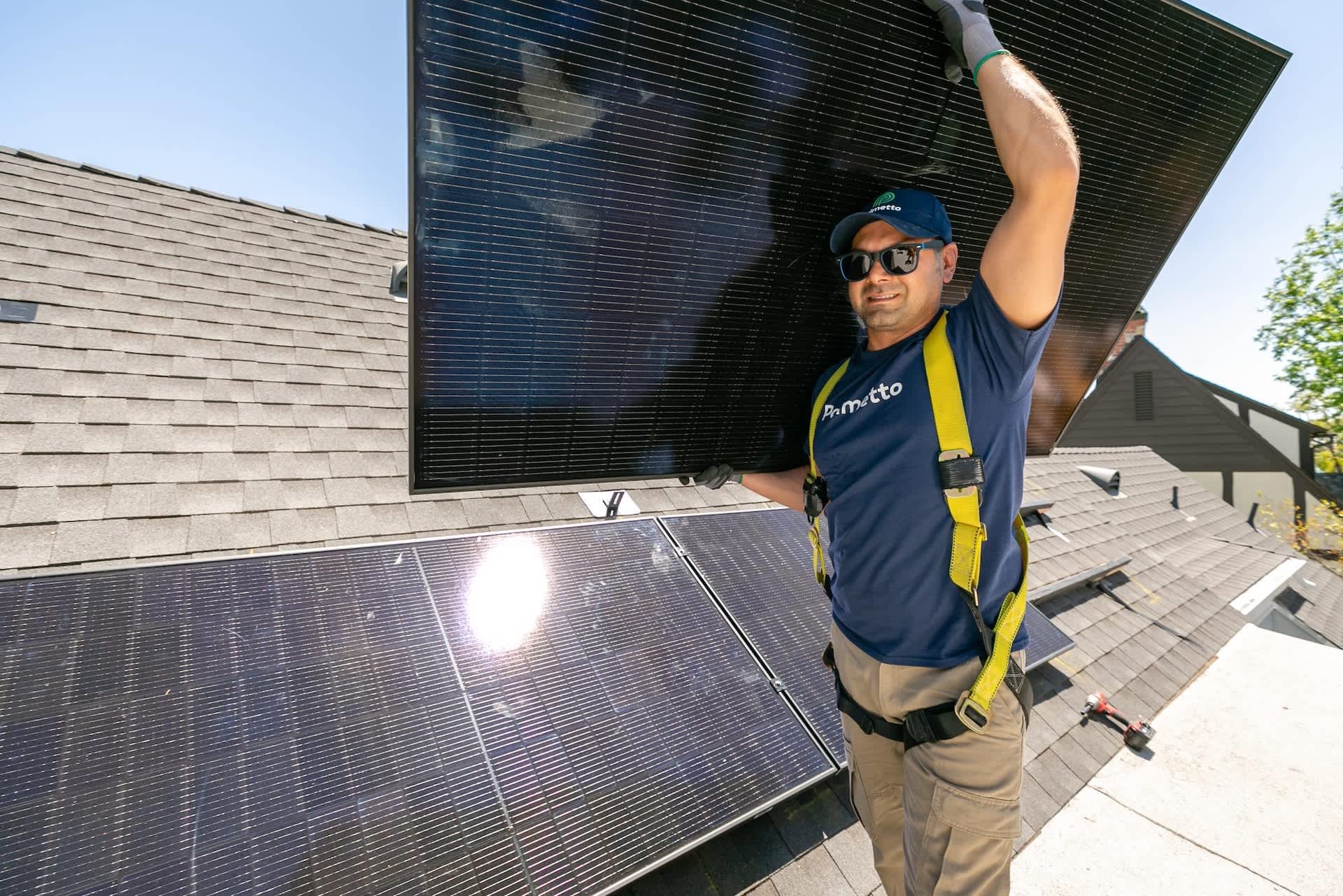For many years, the idea of a high-speed rail in the Pacific Northwest felt like a faraway dream. But now, thanks to the efforts of several advocates and some funding from the Department of Transportation, those plans are taking shape.
A map for the proposed route was recently unveiled, showing how the high-speed rail corridor would connect Portland, Oregon, to Vancouver, British Columbia, stopping in Seattle along the way and possibly extending south to Eugene, Oregon. According to Newsweek, the "state of the art" trains would take passengers from Seattle to Portland in under an hour, slashing commute times by over 67%.
I will always be in the' Olympics rules' camp. Finding creative, more cost effective ways to host, while creating lasting legacy really matters.
— Josh White (@jwhiteyvr) August 1, 2024
Would love to see an international multi-city summer games here, supported by this: pic.twitter.com/MPdz0WGnMF
In December, the Washington State Department of Transportation received a Corridor Identification and Development program grant of $500,000 to assist in scoping out the project. Another $500,000 grant was also dedicated to improving existing train services between Vancouver and Eugene.
WSDOT "is very pleased to receive federal support for both important passenger rail programs," said Washington State Transportation Secretary Roger Millar. "These two complementary systems would connect with one another to transport people efficiently, reliably, and in environmentally friendly ways. We're planning improvements for current rail passengers, as well as envisioning an even more robust system in the future."
Similar projects are happening around the U.S., thanks, in large part, to the Federal Railroad Administration announcing over $8 billion in funding for rail improvement projects in December 2023. From high-speed routes in Texas and California to electric rails in Las Vegas, advocates for train travel are feeling optimistic.
These advocates give several reasons for the importance of developing train travel, including but not limited to making commute times significantly lower, creating jobs, and reducing planet-warming pollution.
Can't afford solar panels? Here's how to get them without paying for purchase or installation Palmetto's revolutionary LightReach program gives you all the benefits of solar power without the upfront costs. LightReach lets you lease solar panels with no money down, making it easier than ever to lock in energy savings. Palmetto assumes all risk and responsibility for the panels you lease, which means you'll get reliable performance without unforeseen costs. To get started, just answer a few basic questions about your home and learn how much you can save. Learn more → |
Watch now: Allbirds director reveals details on world's first carbon-free shoe
Currently, transportation-related pollution accounts for nearly one-third of all pollution in the U.S.; however, per Our World in Data, the carbon footprint of train travel is approximately one-fifth that of traveling the same distance by car.
 Would you want a high-speed railway in your state?
Would you want a high-speed railway in your state?
 YES
YES 
 NO
NO 
 Click your choice to see results and speak your mind
Click your choice to see results and speak your mind
The Cascadia Rail's website emphasizes that for the Pacific Northwest, this project would be beneficial for "workers, quality of life, business, tourism, economic development," and "spoiling Cascadia less with long car trips and congested roads."
Join our free newsletter for weekly updates on the coolest innovations improving our lives and saving our planet.








